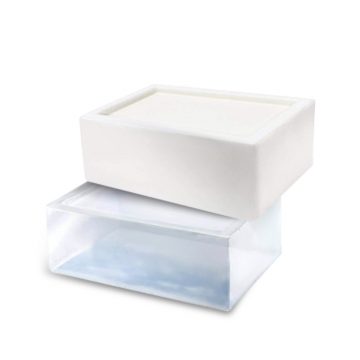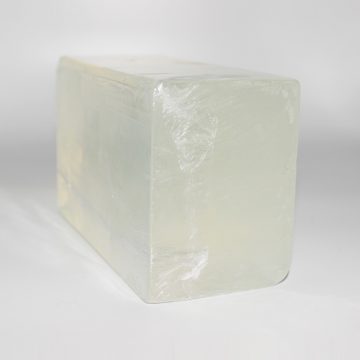The world of soap is rich with cultural traditions that have been passed down through generations. Different cultures have developed unique soap-making methods, ingredients, and techniques that reflect their history, environment, and values. Here are some examples of cultural soap traditions from around the world:
- Marseille Soap (France): Marseille soap is a traditional French soap that dates back to the Middle Ages. It is made from vegetable oils like olive oil and is known for its gentle cleansing properties. Authentic Marseille soap follows a specific production process and is recognized by its cube shape and distinct stamp.
- Castile Soap (Spain): Castile soap originates from the Castile region of Spain and is made from 100% olive oil. It’s celebrated for its mildness and versatility, as it can be used for body, face, and even household cleaning.
- Hammam Soap (Morocco): Hammam soap, also known as Moroccan black soap, is a staple in traditional Moroccan bathing rituals. It’s made from olive oil and infused with eucalyptus oil. The soap is used in hammams (public bathhouses) for exfoliation and deep cleansing.
- African Black Soap (West Africa): African black soap is a natural soap with roots in West Africa. It’s made from plantain peels, cocoa pods, shea butter, and other natural ingredients. It’s renowned for its gentle exfoliation and skin-soothing properties.
- Japanese Camellia Oil Soap (Japan): Camellia oil soap is a traditional soap from Japan, often made from camellia oil, which is known for its moisturizing and antioxidant properties. This soap is cherished for its ability to keep skin soft and hydrated.
- Ayurvedic Soap (India): Ayurvedic soap is deeply rooted in the principles of Ayurveda, an ancient system of holistic wellness from India. These soaps are often made with herbs, spices, and natural oils, each chosen for their specific benefits to various skin types.
- Olive Oil Soap (Middle East): Olive oil soap has a long history in the Middle East, with variations found in countries like Syria, Lebanon, and Israel. These soaps are usually made with olive oil, and they can have diverse scents and colors depending on local traditions.
- African Shea Butter Soap (Various African Countries): Shea butter soap is made from shea butter, which is derived from the nuts of the shea tree found in many African countries. This soap is loved for its moisturizing and nourishing properties.
- Russian Birch Tar Soap (Russia): Birch tar soap is a traditional Russian soap that’s made using birch tar, known for its antiseptic and skin-soothing properties. It has a distinct smoky scent and has been used for various skin conditions.
- Traditional Chinese Herbal Soap (China): Traditional Chinese herbal soap incorporates various herbs and botanicals from traditional Chinese medicine. These soaps are often formulated to address specific skin concerns and imbalances.
These are just a few examples of the diverse and culturally rich soap traditions from around the world. Each tradition is a reflection of the local environment, customs, and values, and they showcase the creativity and resourcefulness of different cultures when it comes to skincare and hygiene.








